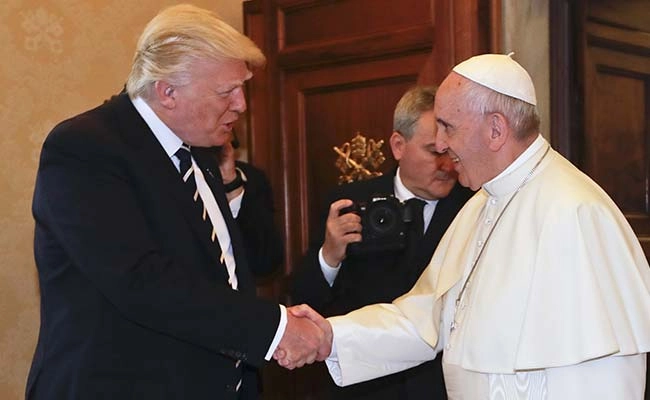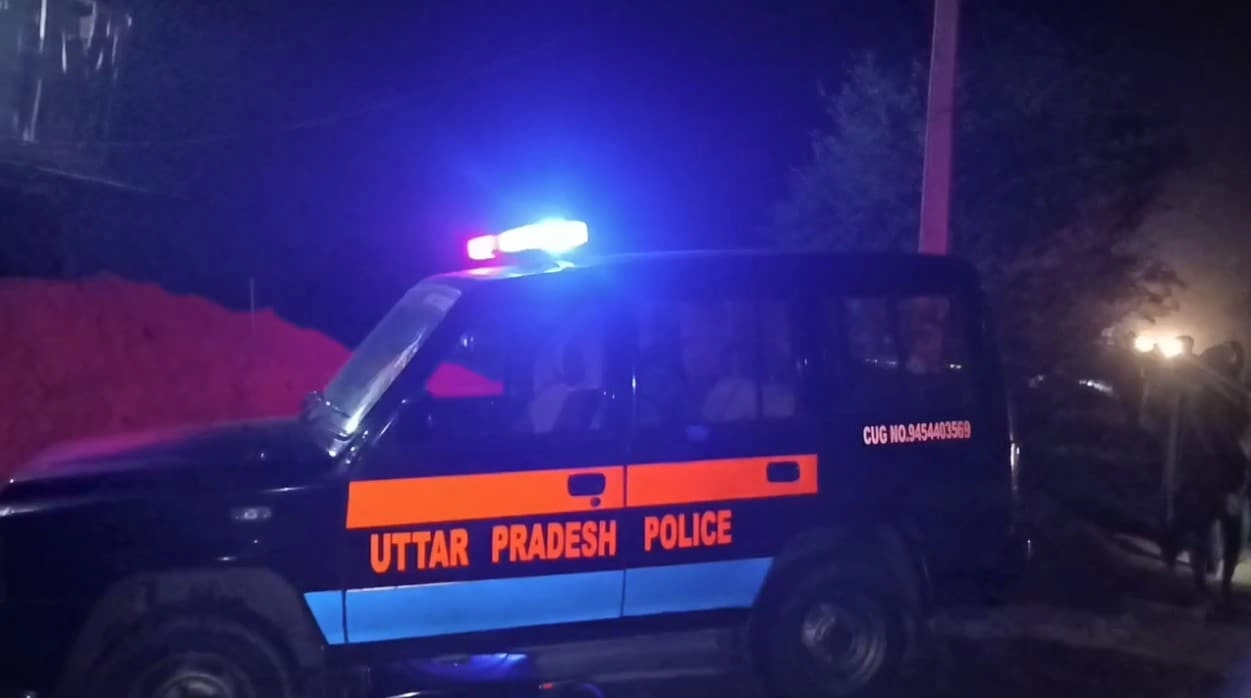The recent passing of Pope Francis has sent ripples through the political and religious landscapes, particularly impacting figures like Donald Trump, who has often faced moral scrutiny from the pontiff. Pope Francis was known for his progressive views on social issues and his vocal criticism of leaders who, in his opinion, strayed from ethical governance. His critiques often encompassed a range of topics, including immigration, climate change, and economic inequality, challenging powerful figures to reflect on their responsibilities towards the marginalized. For Trump, whose policies have frequently been at odds with the Pope’s teachings, this moral opposition was a notable point of contention throughout his presidency and beyond.
With the Pope’s death, a significant voice of moral authority has been silenced, leaving a vacuum in the discourse surrounding ethical leadership and accountability. Trump’s interactions with the Catholic Church and its leaders have varied, but the Pope’s critiques often brought to light the stark contrasts between their ideologies. The pontiff’s emphasis on compassion and social justice stood in stark opposition to Trump’s often combative and self-serving political style. As a result, the Pope’s passing may alter the dynamics of how religious authority engages with political leaders, especially those like Trump who have been frequently at odds with the moral expectations set forth by religious figures.
Moreover, the absence of Pope Francis may embolden certain political figures to pursue policies that align more closely with their agendas, free from the moral scrutiny that he provided. The Pope’s teachings encouraged a dialogue centered on empathy and ethical responsibility, and in his absence, there is a concern that some leaders may adopt more divisive and less compassionate stances. This shift could have broader implications not only for political discourse but also for the ways in which faith communities engage with societal issues. The legacy of Pope Francis, particularly his calls for inclusivity and understanding, will now rely on how his successors choose to uphold these values in the face of political challenges.
As the world reflects on the life and teachings of Pope Francis, it remains to be seen how this transition will impact moral leadership within politics. The power dynamics in both religious and political spheres are shifting, and the potential for new leaders to emerge, who may either continue or diverge from the Pope’s legacy, is significant. Trump’s moral critics, including the late Pope, have played crucial roles in shaping the conversation around leadership ethics, and the question now looms: who will step into the void left by Francis, and what will that mean for the future of moral discourse in politics?




